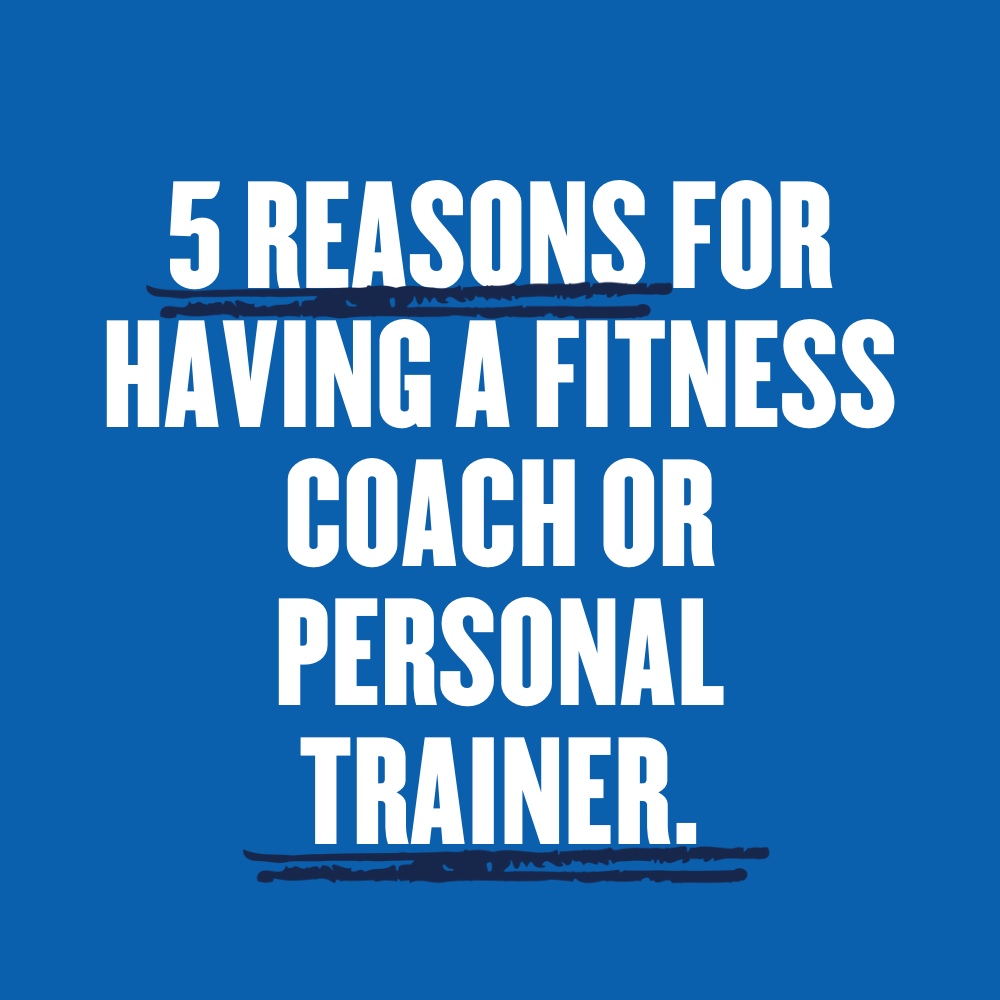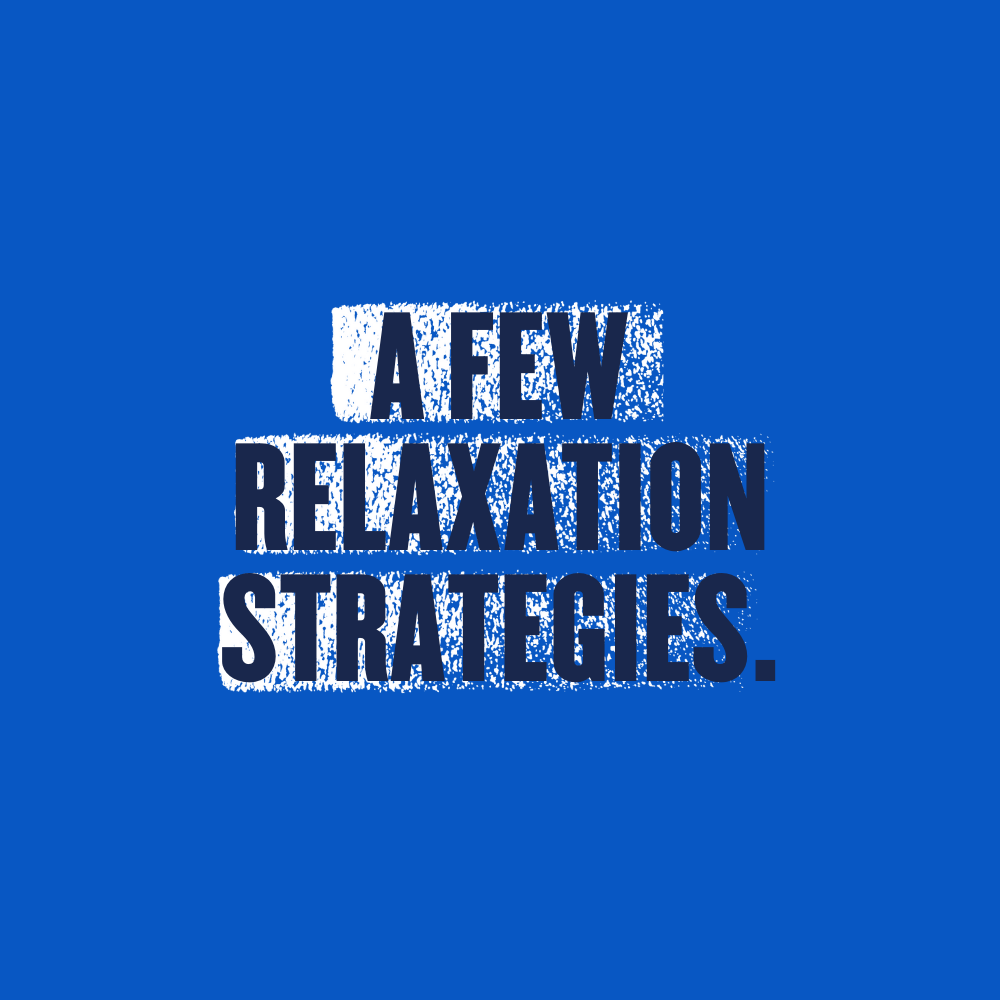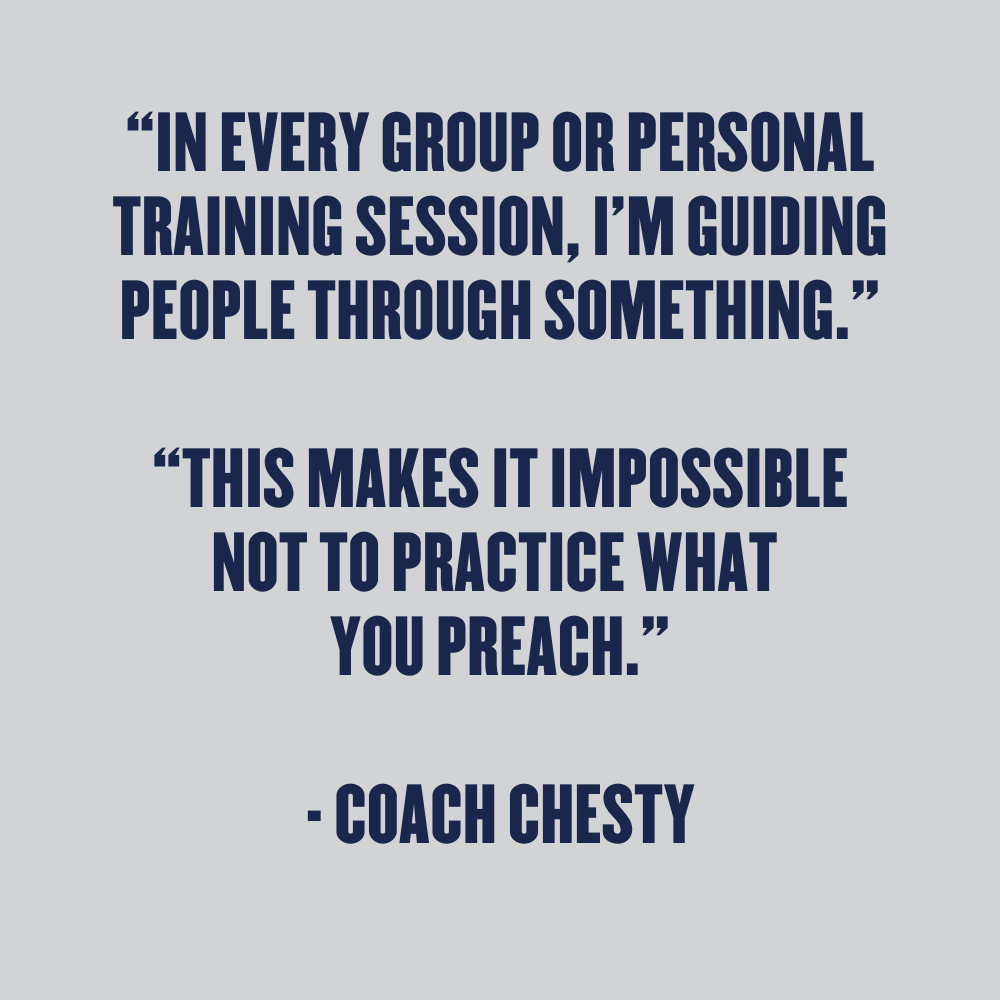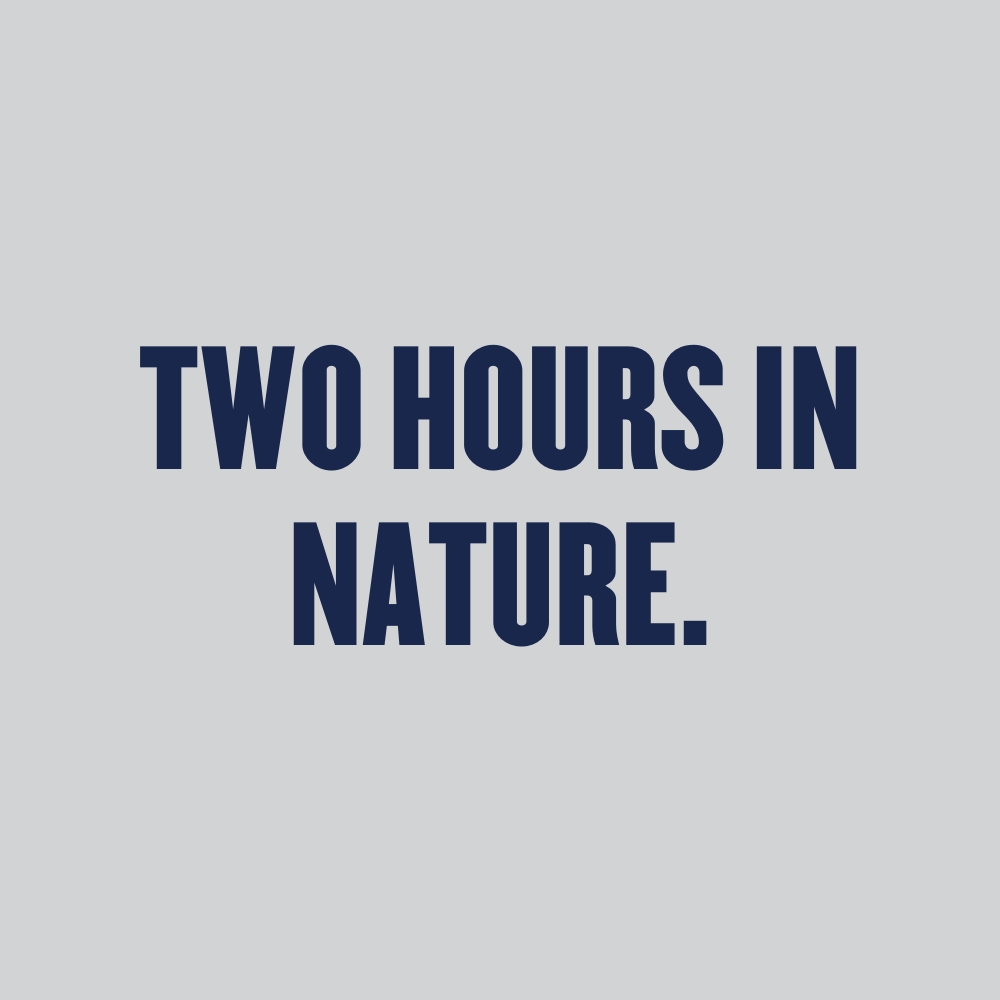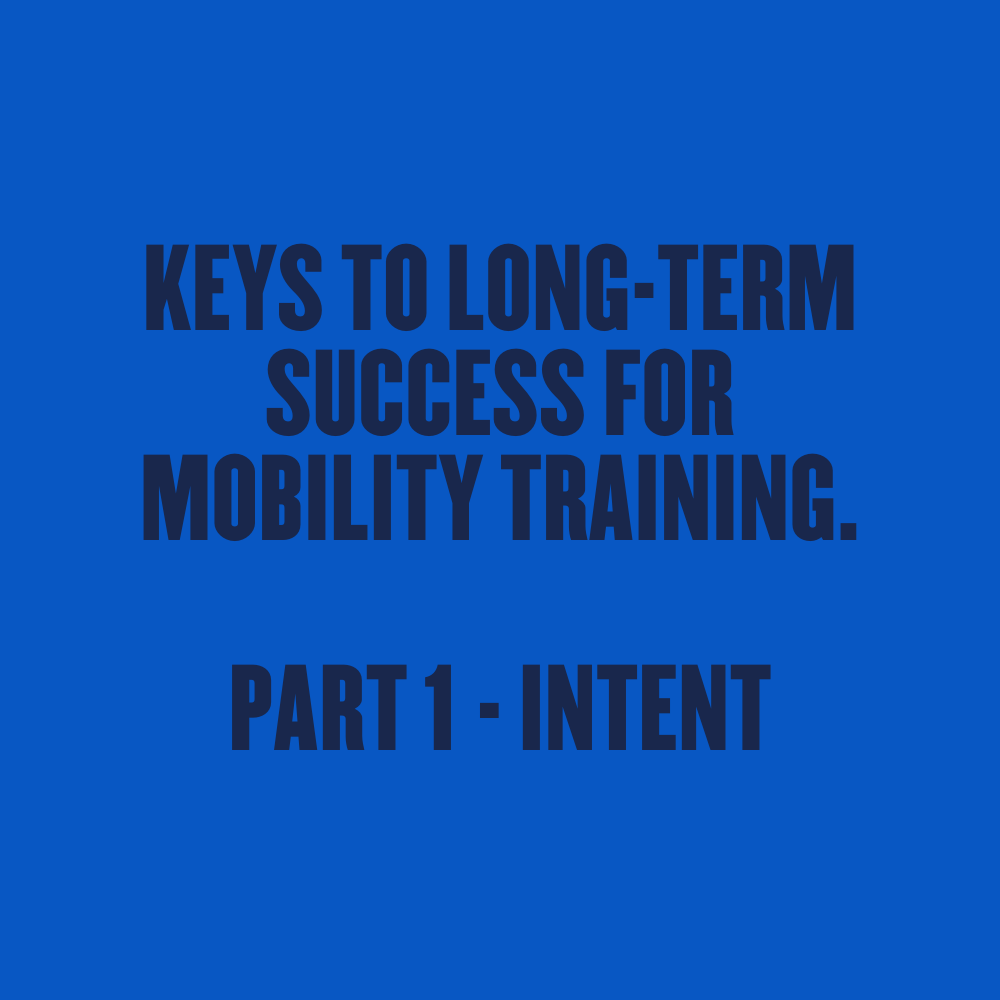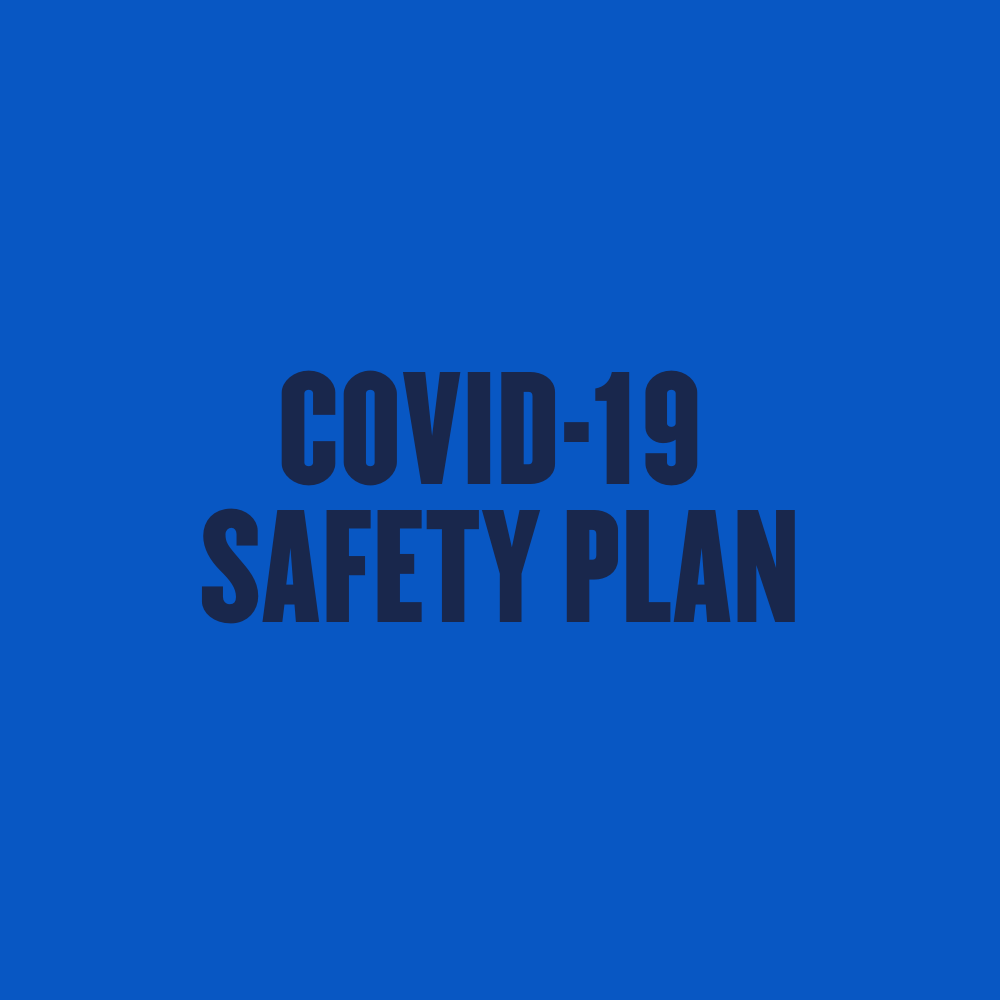HEART RATE VARIABILITY:
PART 3.
Please revisit parts one and two to understand more.
Training factors, lifestyle factors, and biological factors can impact your HRV.
Training factors include the frequency and intensity of your workouts. If you go extra hard today or for several days in a row, your HRV is likely going to take a hit. So build up your volume and your intensity and balance your rest days in with your coach.
There are also many other choices you make each day (lifestyle factors) that significantly affect your heart rate variability, ranging from what you put into your body to the quality and consistency of your sleep. So work on your diet and nutrition. Understand that alcohol is going to impact your gains and performance. And finally, dial in your sleep habits and deal with stressors you have in life as best you can.
And lastly, there are biological factors that are out of your control, like age, gender and genetics. Some people are just born to have higher HRV than others.

A little bit more on Lifestyle Choices - Alcohol, Hydration, Nutrition, Sleep, Feeling Comfortable, among other factors.
Lifestyle Choices - Alcohol
After drinking alcohol, it took four days for one collegiate team to get their HRV back to baseline. During studies, it showed once you understand the factors that influence your performance, performance is no longer a guessing game; it becomes a choice.
Hydration.
Hydration determines your blood volume; the more liquid in the system, the less hard your heart has to beat to circulate oxygen and nutrients. So remember that general rule of an ounce of water per body weight pound.
Nutrition.
This goes back to sending the right signals to your body relative to what you’re going to be asking of it. The timing of nutrition affects HRV and eliminating something your body has an aversion to (gluten, for example) can also improve HRV. This becomes highly personalized to your situation.
Sleep.
Meeting your sleep needs is quite important! Anything that’s going to make it hard to sleep is likely going to harm HRV.
Other Factors.
Psychological stressors. Even being physically comfortable, like not being too hot or too cold. It’s bloody hard to sleep when you’re too hot.
Remember that measuring HRV can be a fun and personal way to track health, performance and fitness, but like anything, moderation and understating what, how and why are key.
Keep Reading







